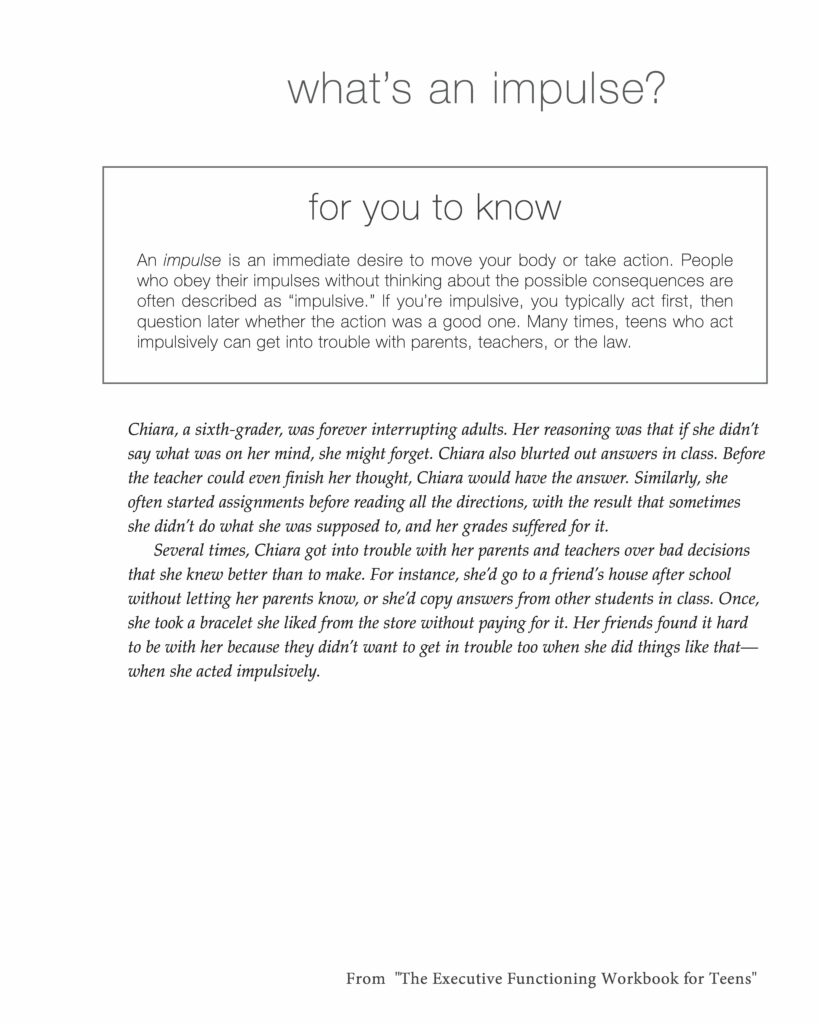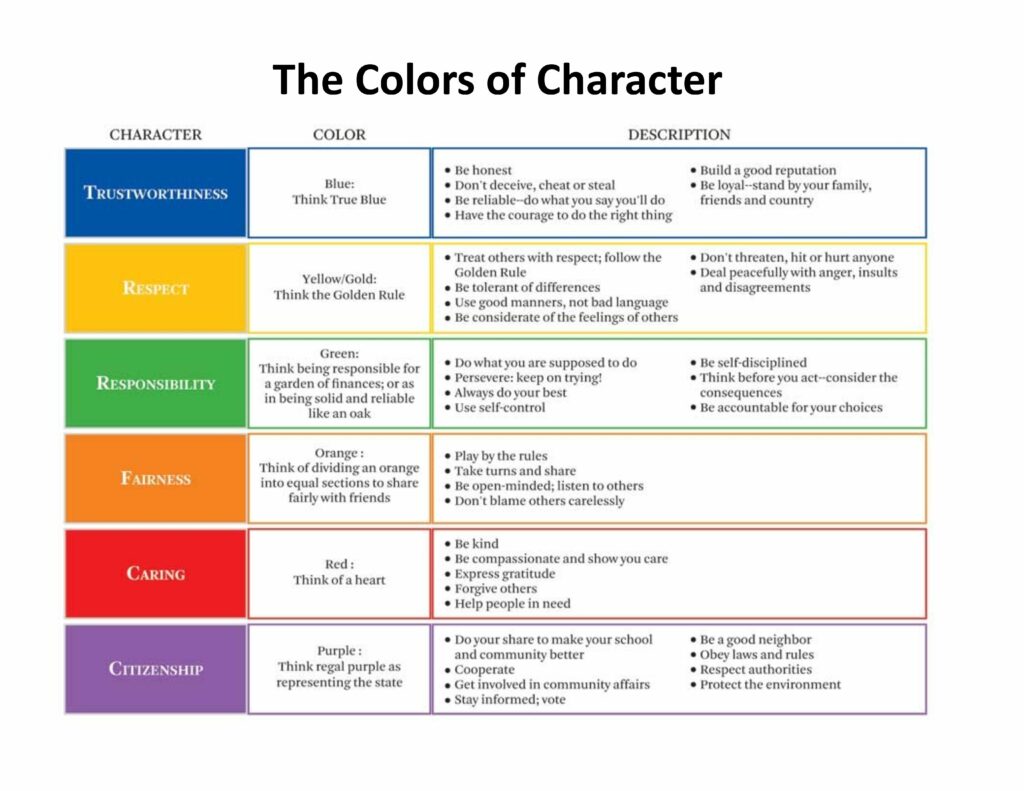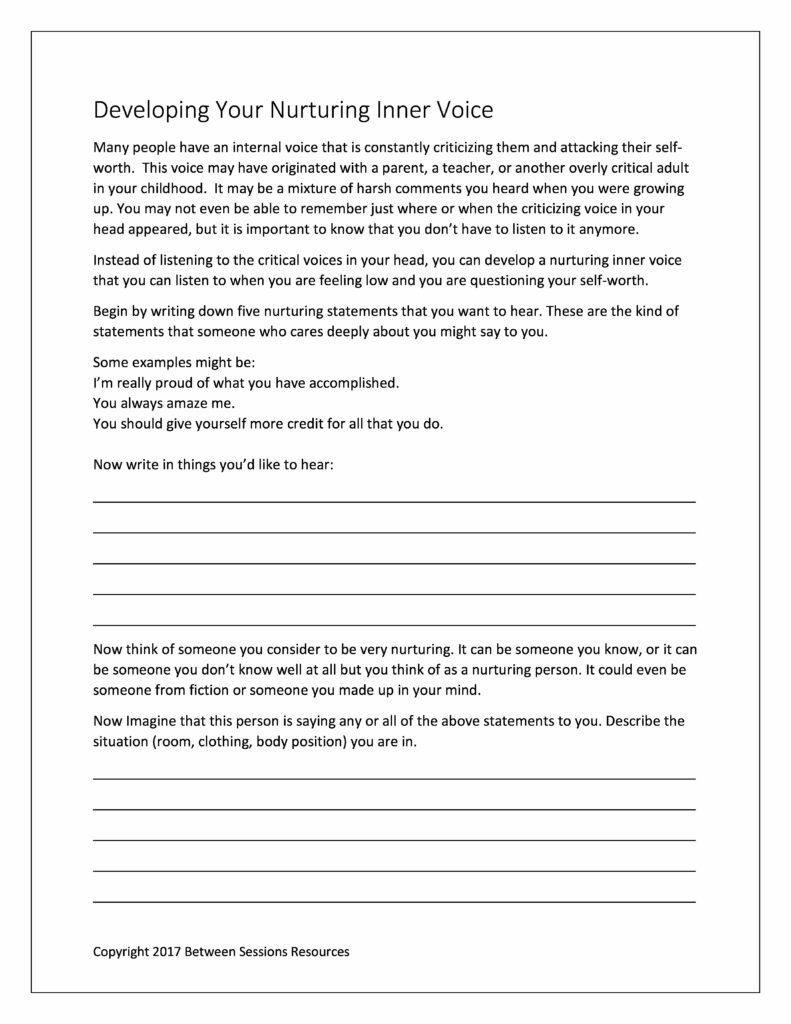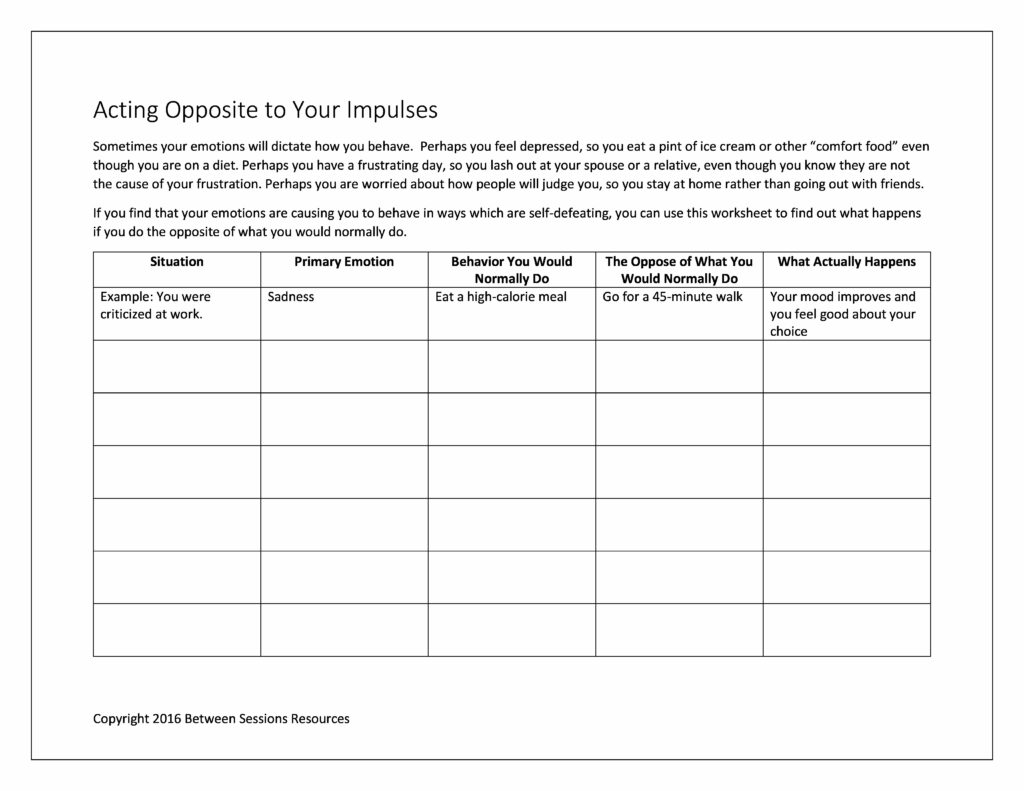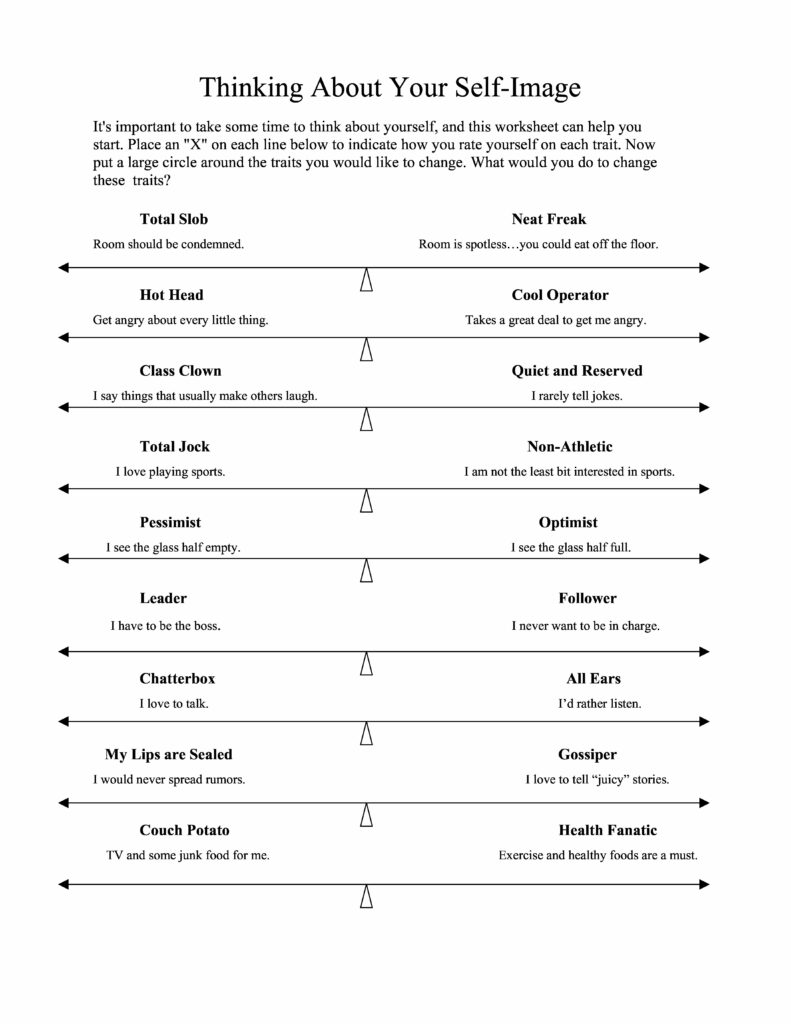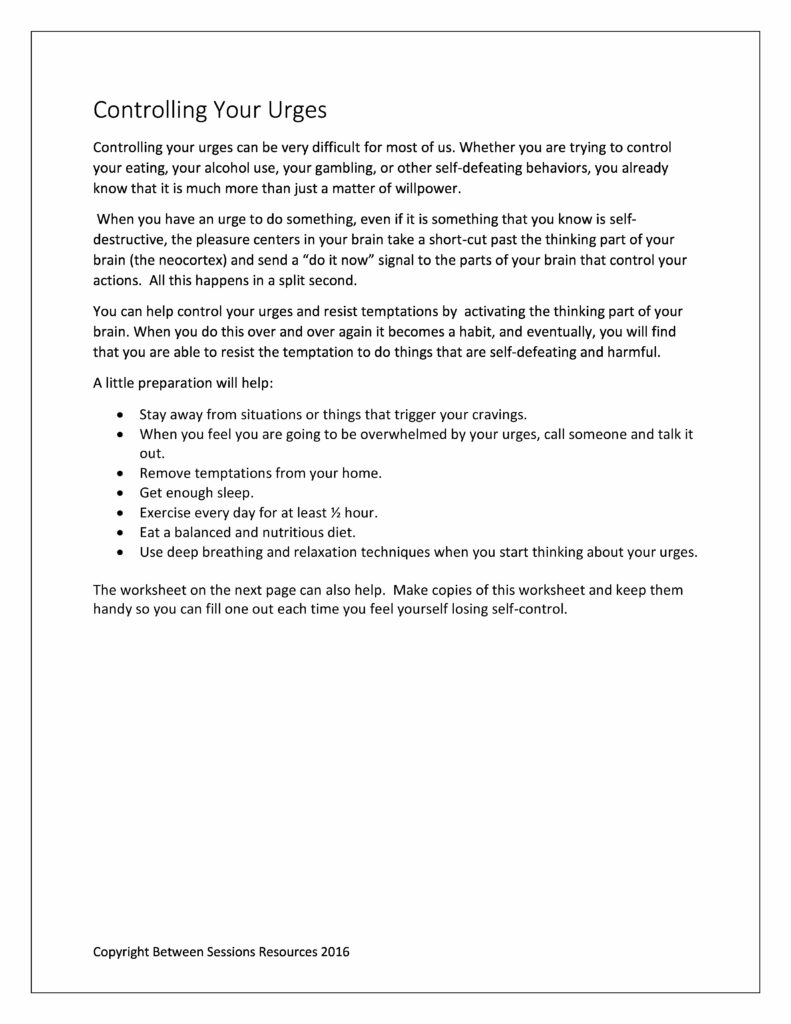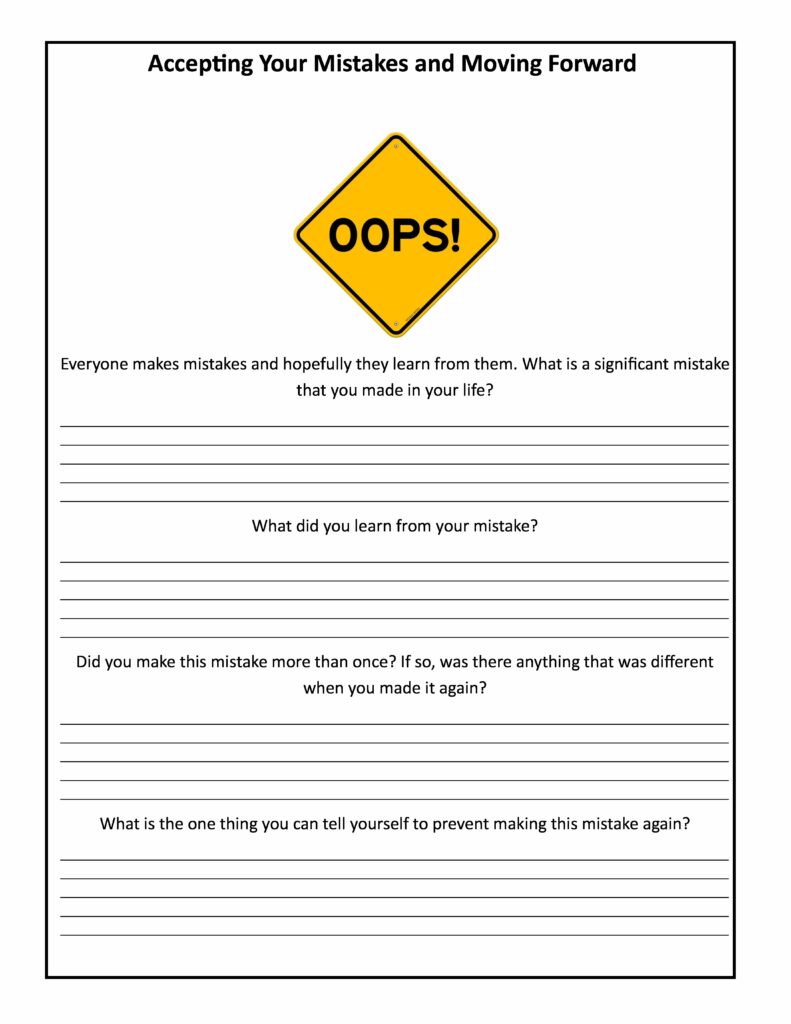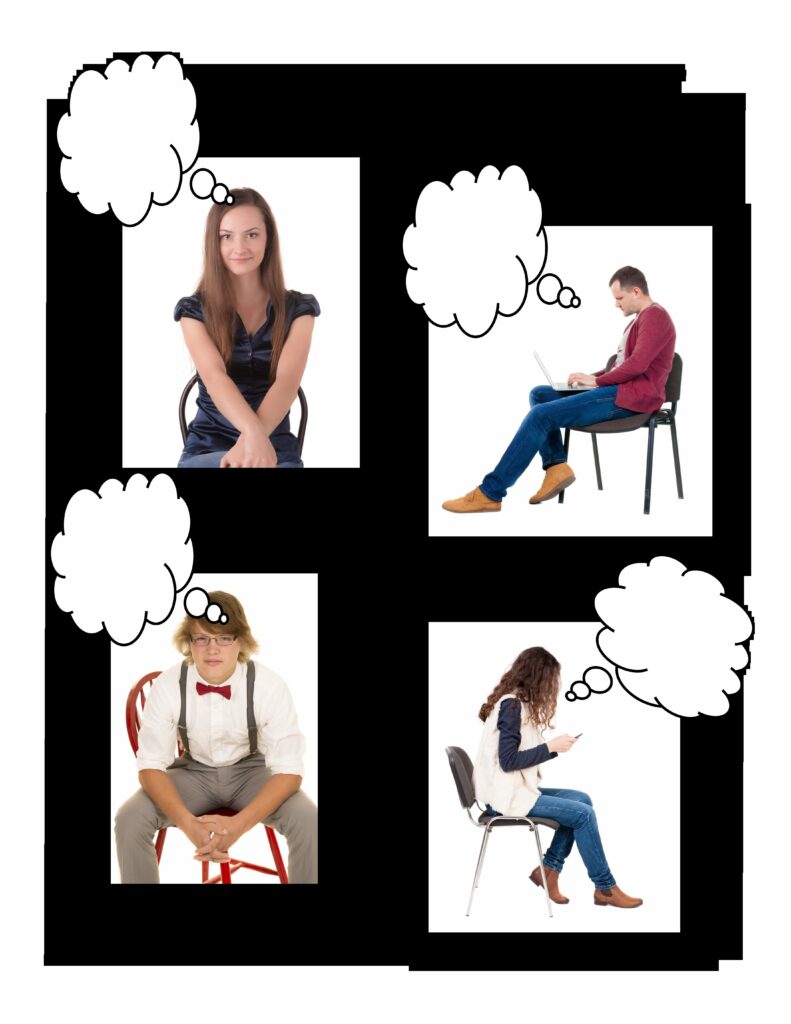This game teaches kids to “cool down” when they are angry so that they can talk about what is bothering them and then think of ways to prevent problems from recurring. (anger control, behavior problems, ADHD, classroom problems, 0518)
This worksheet, from the Executive Functioning Workbook for Teens, is designed to teach adolescents to understand the nature of the impulses and how to control them. (ADHD, self-control, 0418)
This chart can be used to help kids learn the six important character traits and demonstrate these behaviors at least once a week. Recommended ages 8-14. (character education, behavior management, 1017)
This worksheet asks adults to set a goal as well as sub-goals and strategies in order to work towards behavioral change. (depression, 0717)
This worksheet is designed to help people replace a critical inner voice with a more nurturing one. It asks the user to imagine a caring person in his or her life and internalize what this person is saying along with the feelings these statements engender. (PTSD, depression, CBT, 0117)
If you find that your emotions are causing you to behave in ways which are self-defeating, you can use this worksheet to find out what happens if you do the opposite of what you would normally do. (DBT, CBT, Behavior Program, 1016)
This worksheet is designed to help teens start thinking about their character traits and behaviors and which ones they would like to change. (values, self-image)
This worksheet is designed to help people control their urges by activating the thinking part of their brains and make decisions that will interrupt the cycle of self-defeating behaviors. (addiction, self-control, impulse control, 0816)
This worksheet is designed to help people understand factors that led to a significant mistake and to identify what they can do differently to avoid repeating this mistake.
This worksheet is designed to help people develop a “body language” vocabulary. The worksheet can help people see that we can read the non-verbal communication of others, and then respond appropriately. PDF (0216, non-verbal communication, body language, Asperger’s Syndrome, social skills)


